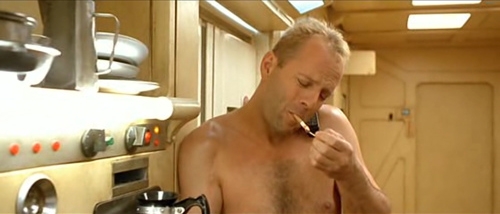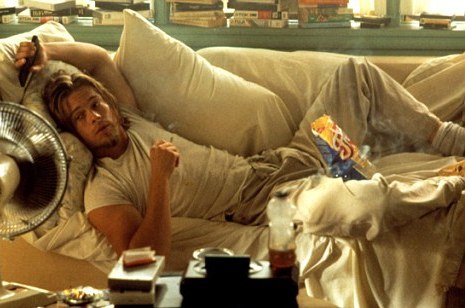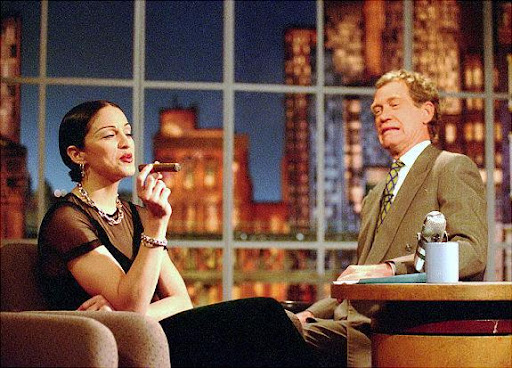Crackdown on Tobacco Sales to Black Children
 6:03 AM
6:03 AM
 Kat
, Posted in
cheap cigarette tobacco
,
cigarettes and tobacco
,
purchasing tobacco
,
5 Comments
Kat
, Posted in
cheap cigarette tobacco
,
cigarettes and tobacco
,
purchasing tobacco
,
5 Comments
 An undercover crackdown has highlighted that shops and pubs across Cornwall are still selling tobacco to children. In an undercover operation to crack down on the problem of underage sales of 33 premises visited, 60 per cent sold tobacco to young volunteers.
An undercover crackdown has highlighted that shops and pubs across Cornwall are still selling tobacco to children. In an undercover operation to crack down on the problem of underage sales of 33 premises visited, 60 per cent sold tobacco to young volunteers.The operation saw 15 and 16 year old children visite shops and pubs across mid and west Cornwall under the supervision of Trading Standards officers, and attempted to test-purchase OK cigarettes and tobacco to test compliance with the laws.
Thirteen of the 25 shops visited sold tobacco to the children without challenging the item. The children also purchased tobacco from vending machines in seven of the eight pubs visited without being challenged.
Stuart Benson, Cornwall Council’s public health and protection area manager said: “We were shocked and disappointed at the level of sales which indicate how readily children can access cigarettes despite longstanding and well-known legal controls.
“Our message to retailers and licensees is clear – always ask anyone who appears to be under 25 years old for proof of age. “During this operation just 40 per cent of premises visited consistently challenged our volunteers to produce evidence of their age.”
Lance Kennedy, cabinet member for community safety and neighbourhoods, added “Retailers have a legal responsibility to the community to ensure that young people cannot gain access to products which can cause them harm.”
“The age limit for purchasing tobacco was raised to 18 back in October 2007. I have instructed Trading Standards officers to maximise the use of volunteers and will support immediate action against persistent offenders.”
The problems do not just relate to tobacco, as the results come just weeks after two local retailers pleaded guilty to selling alcohol to minors, costing them over £1,000 in fines and costs.
On Thursday, March 3 at Camborne Magistrates’ Court Gurmeet Singh Deol, a partner in the family business operating Carharrack Stores, Redruth was fined £300 and ordered to pay £265 costs. Robert William Hendry, proprietor of Four Lanes Post Office Stores, Redruth was fined £260 with costs of £265.
The council says that follow up action will be taken against the premises that sold the tobacco, and Trading Standards Officers will continue to use test-purchasing exercises to crack down on illegal underage sales.










